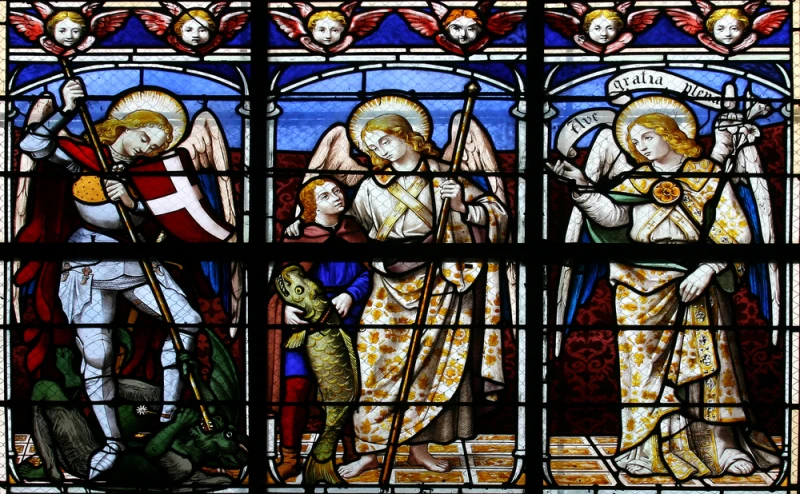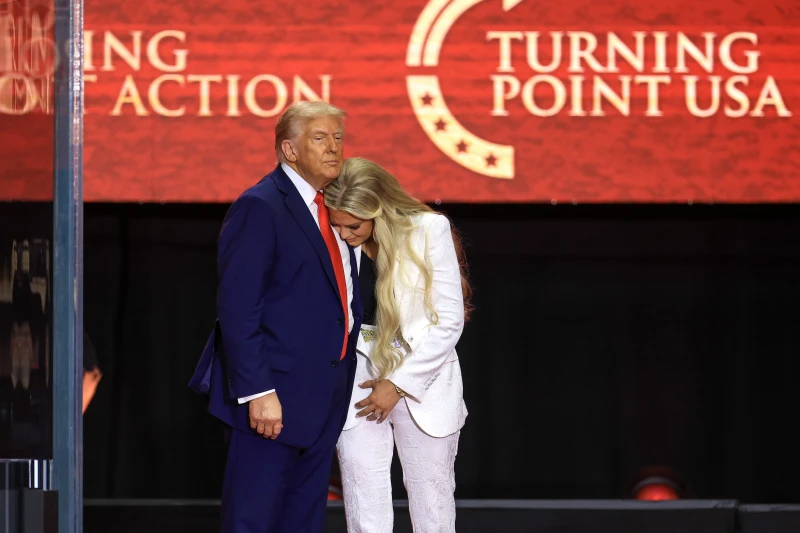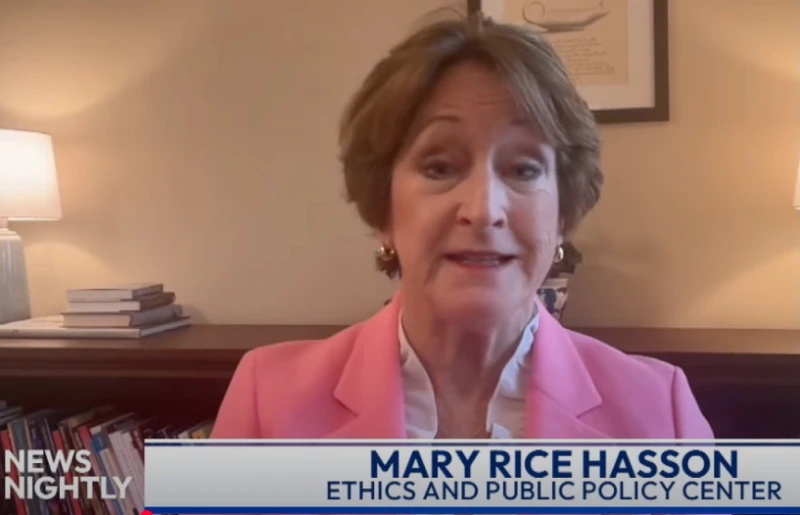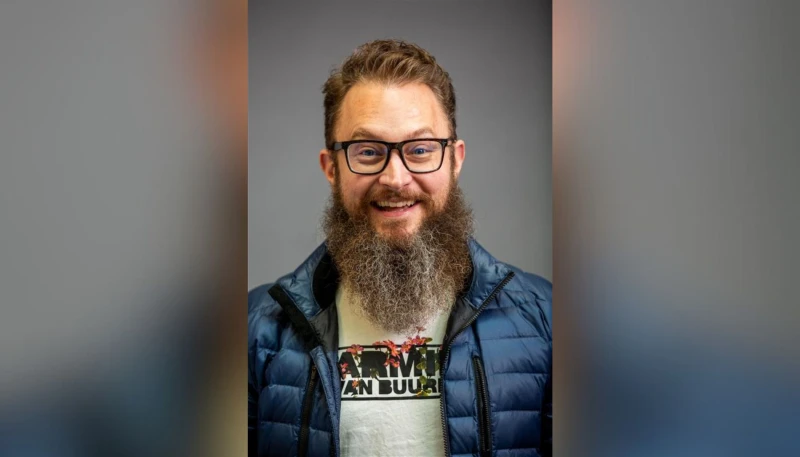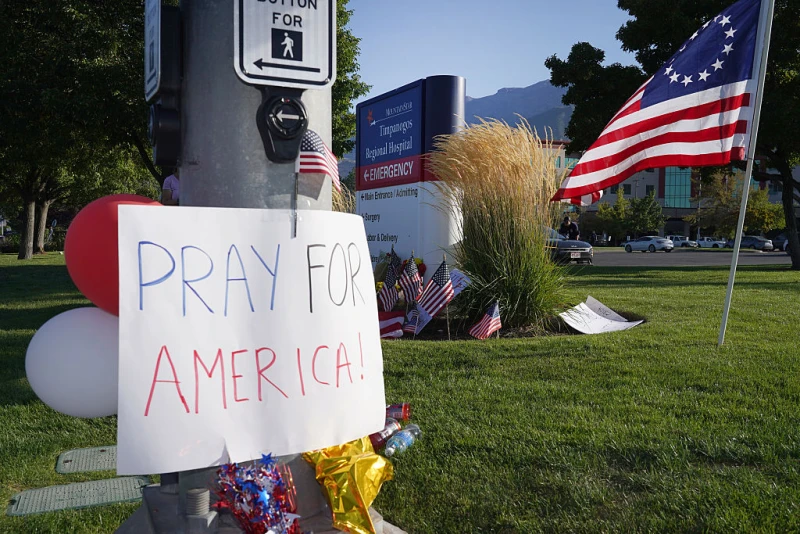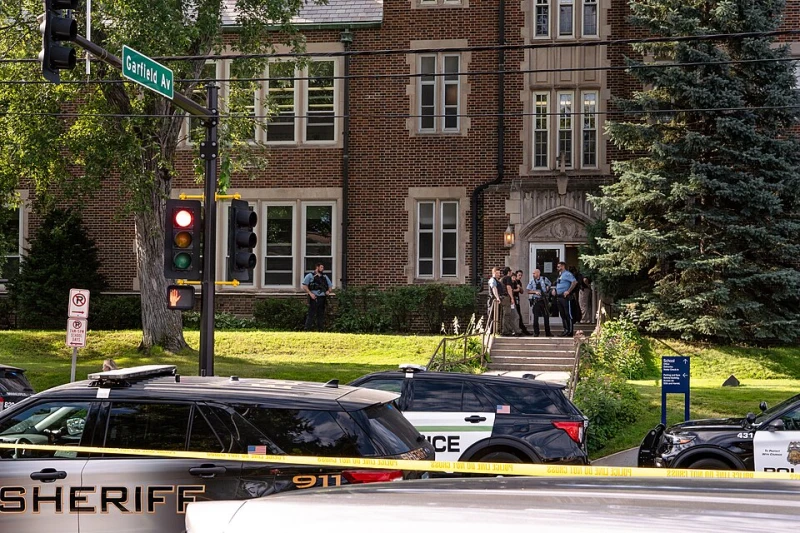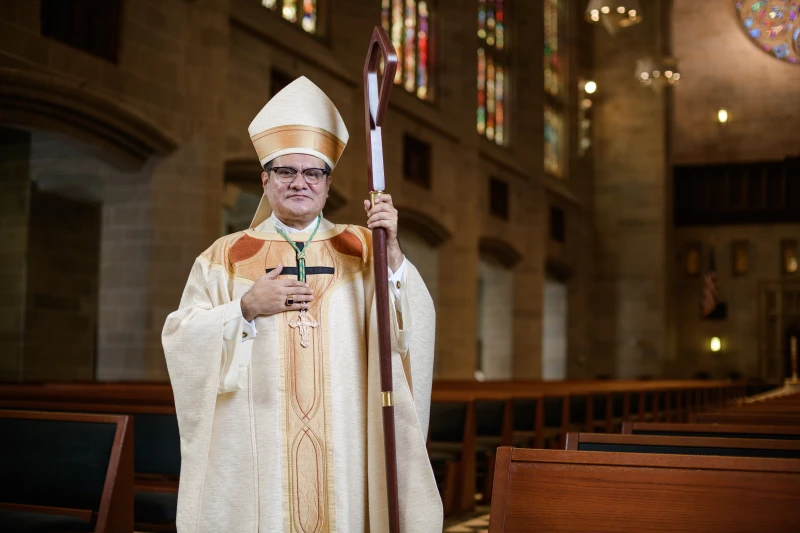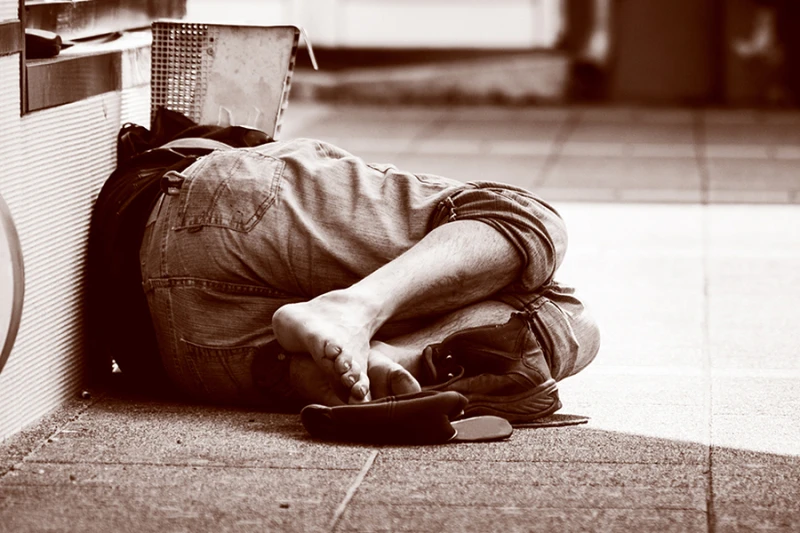

Young people listen to the stories of Christian youth with lived experience of mental health challenges as part of “The Sanctuary Youth Series” by Sanctuary Mental Health Ministries. / Credit: Photo courtesy of Sanctuary Mental Health Ministries
CNA Staff, Oct 4, 2025 / 07:00 am (CNA).
Daniel Whitehead knew it was time for a change when his wife told him she couldn’t remember the last time she’d seen him smile. With the strain of constantly meeting with people who were struggling, the Christian pastor said he had “gone numb.”
“I realized in that moment, it had been well over a year that I’d felt any emotion,” he told CNA. “No laughter, no tears, just numbness.”
Then he discovered Sanctuary Mental Health Ministries. At the time, it was a small, local ecumenical group creating resources for mental health in pastoral ministry. Nine years later, Whitehead has become its leader and Sanctuary has become a large-scale resource operating across the world.

Working through burnout “was really confusing,” Whitehead said of his own experience.
“I didn’t have language, or self-permission, or a framework to really understand what I was going through,” he said. “But how I would describe it was a feeling of fear, anxiety, and feeling trapped.”
Looking back at his challenges in ministry, Whitehead said he was experiencing “emotional overwhelm” from “moving from meeting to meeting, feeling the weight of people’s expectations, having to be there for people when they’re at their worst, and not really having an outlet to process that with.”
This experience helped him “realize the great need that exists in the church for support in this area,” he said.
“From that moment throughout my recovery journey I was looking for a cause to give myself to, and Sanctuary was that cause,” he said. “I very much felt called to the work.”
Reaching young people
Whitehead told CNA that amid an ongoing mental health crisis, the church can be a great resource.
“The church is so perfectly placed to offer hope, belonging, community, and purpose to people in crisis — all of which are vital components of a person’s recovery and all of which are areas that the church has a monopoly on,” Whitehead said.
In the United States, depression and anxiety rates rose by more than 50% from 2010 to 2019 and suicide rates for adolescents ages 10 to 19 rose 48%.
“It really is an opportunity for the church to step in and offer Christ’s hope to people in crisis,” Whitehead said.

Sanctuary’s resources guide both the church and people struggling with mental health.
The ministry “creates high-quality resources that anyone anywhere can access,” which Whitehead said “makes us quite a unique proposition globally speaking.”
Resources include video courses designed to be taken in small-group settings.
Since its launch, more than 365,000 Christians in 102 countries have participated in the Sanctuary Course, according to the organization.
Sanctuary’s work “allows people who are experiencing crisis to feel seen and gives the church more confidence to know what its role is and what its role isn’t when walking with a person in crisis,” Whitehead explained.
This year, the organization is developing resources to reach young people.
It recently launched “The Sanctuary Youth Series,” which is all about starting “important conversations” with youth in youth ministry, explained Bryana Russell, Sanctuary’s director of engagement and interim director of development.
The series, Russell told CNA, “targets the pressing questions young people are asking about mental health” and is designed “to raise awareness and reduce stigma” about mental health.
“We know young people want to talk about the intersection of faith and mental health,” Russell said. “This series is one of the few resources available to help faith communities do so.”
“Our hope is that the next generation will experience the Church as a supportive place and that youth ministry leaders, parents and caregivers, and youth will all be equipped to have conversations about mental health,” Russell said.

The series is “designed to be used in groups” to help “young people connect with trusted adults in their church or school community,” Russell said, noting that being in community helps mental health.
“Young people benefit from the support of trusted adults, but few are having the conversations they need to,” she said.
Working together
The ecumenicism of Sanctuary is what drew Whitehead to the group nine years ago.
“Our staff represent a range of church traditions, the majority of which are Protestant, but I would suggest that the spiritual practices that many of us draw from both individually and corporately are often more liturgical in nature,” Whitehead said.
“I think we all have a deep appreciation for the richness and vitality that different church traditions and denominations bring to the table,” Whitehead said.
Sanctuary works with various churches, including Catholic dioceses and parishes.
“Across the United States and Canada, many other dioceses are providing the leadership and support for mental health ministry,” Russell said.
Sanctuary’s course for Catholics — designed specifically for Catholic parishes and in use in parishes around the world — features Catholic voices including Archbishop J. Michael Miller of Vancouver and Archbishop Samuel Aquila of Denver.
“The Sanctuary Course for Catholics plays an important role in opening the conversation and equipping parishes to begin such a ministry,” Russell said.
This year, Sanctuary officially teamed up with the Archdiocese of Vancouver, which is formally launching a Mental Health Ministry with the help of Sanctuary.
“We are delighted that our resources will be a part of their designed reach to build this ministry of presence,” Russell said.
To kick off the event, Sanctuary and the archdiocese hosted Matt Maher, a Catholic contemporary Christian worship musician and Sanctuary’s ambassador.

“Through stories, conversation, and song, themes of psychology, theology, and lived experience were introduced, offering an accessible and inspiring call to this ministry,” Russell said of the launch event.
“What makes Sanctuary unique is our ability to bring psychology and theology together to really validate and sanctify peoples’ stories,” Whitehead said. “Which means that in order to hold mental health well we have to really take each of these disciplines seriously.”
He added: “I’m inspired to continue this work when I look at the great need and also the great opportunity we have for the church to step into a gap that exists in society.”
Read More